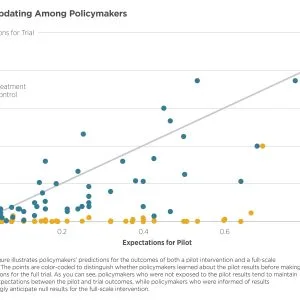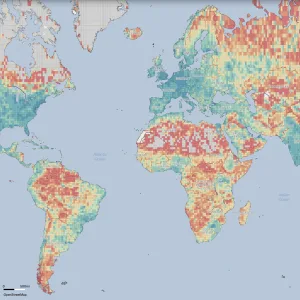- About
- Network
- Research Initiatives
- Big Data Initiative
- Chicago Experiments Initiative
- Health Economics Initiative
- Industrial Organization Initiative
- International Economics and Economic Geography Initiative
- Macroeconomic Research Initiative
- Political Economics Initiative
- Price Theory Initiative
- Public Economics Initiative
- Ronzetti Initiative for the Study of Labor Markets
- Socioeconomic Inequalities Initiative
- Research Initiatives
- Scholars
- Research
- Goals, Expectations, and PerformanceAvner Strulov-Shlain and Alexandra Steiny WellsjoLocal GDP Estimates Around the WorldEsteban Rossi-Hansberg and Jialing ZhangThe Long and Short of Financial DevelopmentDouglas W. Diamond, Yunzhi Hu, and Raghuram Rajan
- Events
Upcoming Events
- Insights
BFI Videos
BFI Youtube Channel
- News










